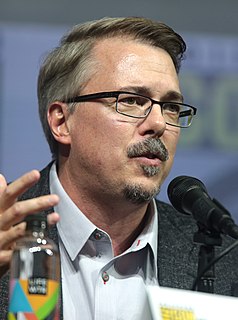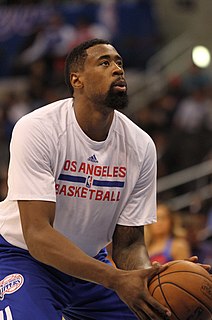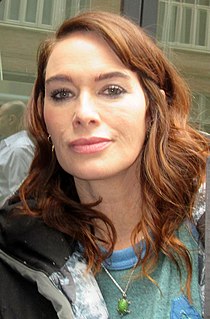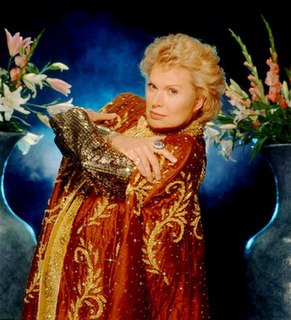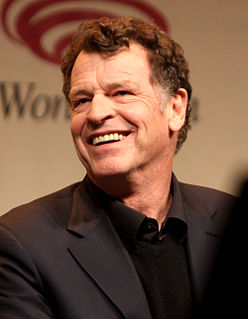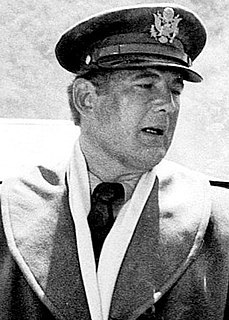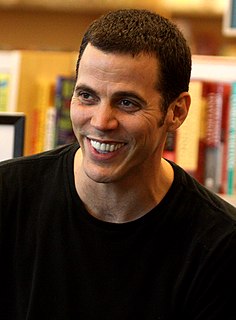A Quote by Vince Gilligan
The sad truth is, there's more Walter White in me than I'd care to admit, because if I truly was as kind as people think I am, I wouldn't be able to write Walter White.
Related Quotes
Eleanor Roosevelt fights for an anti-lynch law with the NAACP, with Walter White and Mary McLeod Bethune. And she begs FDR to say one word, say one word to prevent a filibuster or to end a filibuster. From '34 to '35 to '36 to '37 to '38, it comes up again and again, and FDR doesn't say one word. And the correspondence between them that we have, I mean, she says, "I cannot believe you're not going to say one word." And she writes to Walter White, "I've asked FDR to say one word. Perhaps he will." But he doesn't. And these become very bitter disagreements.
When you're a person of color in white America, you know white people. You know why you know white people? Because you can't enjoy any kind of entertainment if you are not able to humanize white people. If you watch a film and are like, "Oh, this has white people in it? Then I'm not interested," then you can't enjoy anything in America!
I had a great deal of independence from the president and the White House during the entirety of my five years. And I'm not sure exactly what that is, but our friend, Walter Dellinger, has a theory about it, and I think he's probably right. And the theory starts with the fact that I worked in the White House for a year and a half before coming over to the position of SG. And because of that, when I was nominated, there was some chatter out there that, "Oh. They're putting a political hack in. This has never happened before."
One of the particular things that impressed me was one visitor [of NAACP] - I think it was - it wasn't the Prime Minister of England. We were located then on 14th Street and Fifth Avenue, up several flights of rickety stairs, and he came all the way up those stairs to see Walter [White], largely because of certain kinds of impact, I think, that the Association seemingly was having.
